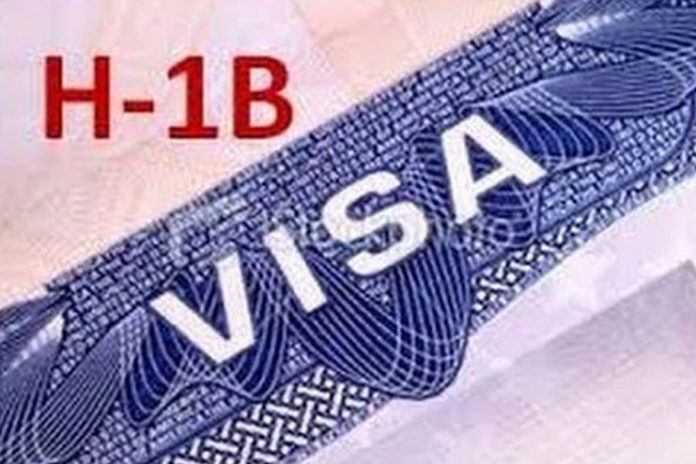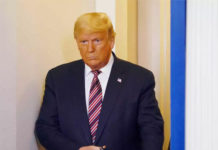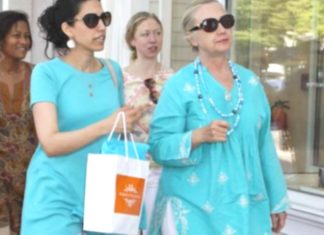The future appeared promising and certain for Sunil Sreekumar Nair. A British citizen, he was completing a residency in internal medicine at a Brooklyn hospital and had accepted a job in a hospital near Fort Smith, Arkansas, a rural area with a severe shortage of doctors.
After the Trump administration has announced that it is suspending the 15-day expedited process to obtain an H-1B visa, a program that allows U.S. employers to temporarily employ foreign-born workers in specialty fields such as medicine and information technology. Now Nair may not receive his visa for at least eight months, long after he is supposed to show up for his new job in Arkansas.
CNN Host Mock Indian American Spelling-Bee Champion
The Arkansas hospital has offered to keep the job open for him, but Nair isn’t even sure that he’ll be able to stay in the country after his original visa expires with the end of his medical residency in June.
“To say I am frustrated would be an extreme understatement,” Nair said.
The uncertainty swirling around the H-1B program is creating problems for parts of the country that have difficulty in attracting American physicians.
“For us, this has been a very positive program that has brought health care to areas of Wisconsin that would otherwise go without,” said Lisa Boero, legal counsel for the immigration program at the Marshfield Clinic Health System.
Hospitals in distressed urban neighborhoods rely on foreign-born graduates of medical schools to fill the residencies that might otherwise go vacant.
“Who else is going to do the work if we lost them?” asked Conrad Fischer, director of the medical residency program at Brookdale University Hospital and Medical Center in Brooklyn, where Nair is chief medical resident. “We would have to close down.”
Pope Moseley, dean of the medical college at the University of Arkansas for Medical Sciences, said that the university, which had 86 slots for H-1B visa holders in 2016, used the visa program to recruit pioneering researchers from around the world.
$18,000 at Fundraiser for Blind Foundation for India
“Sometimes the people who are driving that pioneering clinical science are people who require the H-1B visa,” he said. “We want to get the best people possible who can help us develop new treatments, and this visa program helps us do that.”
According to the Association of American Medical Colleges, 18,000 foreign-born medical residents are now training at U.S. hospitals and clinics. Many are in the country under H-1B visas.
By Premji













































